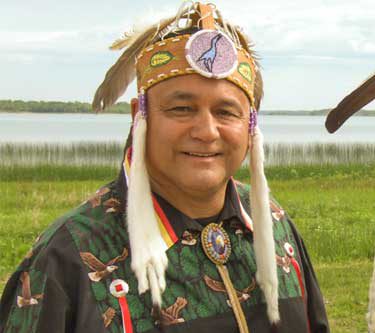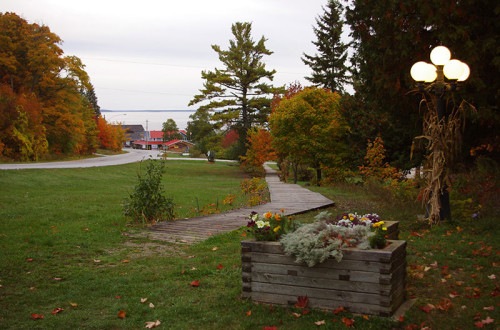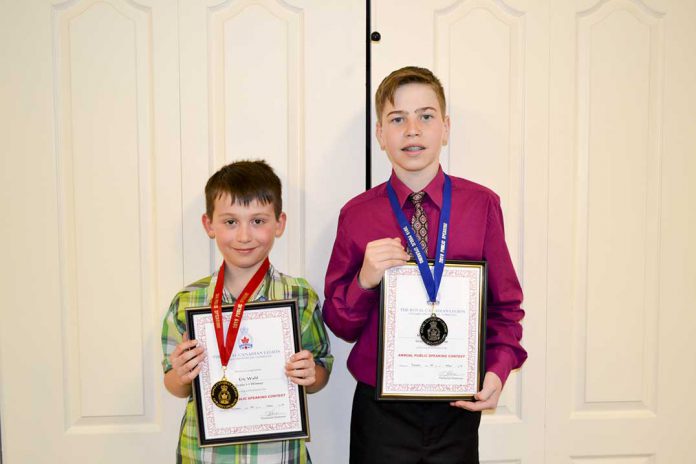MANITOULIN—Actions speak louder than words and this is what First Nations want to see take place from the federal government on many issues affecting their communities, said Anishinabek Grand Council Chief Patrick Madahbee.
“There is lots of good talk from the government concerning their intentions but we still have to see action,” stated Chief Madahbee after the Assembly of First Nations (AFN) annual gathering in Gatineau, Quebec, last week. “The government talks about a new way to carry out business but the planning already done by First Nations needs to be carried out and in many cases for the government to get out of the way.”
“In a lot of cases they (government) don’t have any concrete plans,” said Grand Council Chief Madahbee, “and again in a lot of cases they don’t want to give up jurisdiction.”
“And sometimes the politicians have the right intentions but the bureaucrats become the obstacle in getting things done,” said Grand Council Chief Madahbee. “Most of those people have never visited a First Nation.”
At the AFN grand assembly Prime Minister Justin Trudeau asked for patience on his government’s Indigenous rights agenda, saying he believes it is better to ‘get it right’ than try to get things done quickly. He was pressed by a chief at the meeting to commit to tangible action on his government’s promises to First Nations and Indigenous peoples and to act before the next election.
Mr. Trudeau said that he understands the impatience that exists among many First Nations and acknowledges that no group of people in Canada deserves to be cynical about government promises more than Indigenous Canadians.
But changes can be done quickly or they can be done right and those two things are mutually exclusive, Prime Minister Trudeau said. The prime minister is promoting his rights recognition and implementation framework, which he announced in February, as a key to ensure his promise of a new nation-to-nation approach to Indigenous relations is not repealed by future governments.
He is repeating his commitment to work with individual First Nations and Indigenous peoples on building better relationships but stressed that it takes time because each community has different needs.
At the meeting the First Nations chiefs called on the federal government to amend its marijuana legalization legislation to prevent provincial regulations from applying on reserves.
Chiefs also passed a resolution to lobby the federal government to make amendments to Bill C-45, which is currently before the Senate. The resolution also called for First Nations to be included in the excise tax revenue sharing framework which is currently split 75 percent to 25 percent between the provinces/territories and Ottawa. “The federal and provincial governments must recognize and respect First Nations sovereignty and jurisdiction over their reserves and traditional territories,” the resolution says.
Ottawa’s failure to include First Nations in its initial plans to legalize marijuana and cutting them out of the tax revenue split created jurisdictional confusion and undercut business opportunities, while setting the stage for a repeat of the decades-long war over untaxed tobacco, chiefs said.
Chiefs also expressed concerns over the impact of legal pot in some communities already struggling with an opioid epidemic.
“First Nations are concerned with the legalization of marijuana, that not enough time has been taken to look at how this will be implemented, what the effects will be on communities and how it will be enforced,” said Grand Council Chief Madahbee. “This legislation has been rushed. More time is required to allow for more thinking on this and to look at the pros and cons. One of the reasons First Nations are concerned is the proliferation of these drugs being around and in many cases no one knows what exactly is going into these drugs and their effect on users.”





